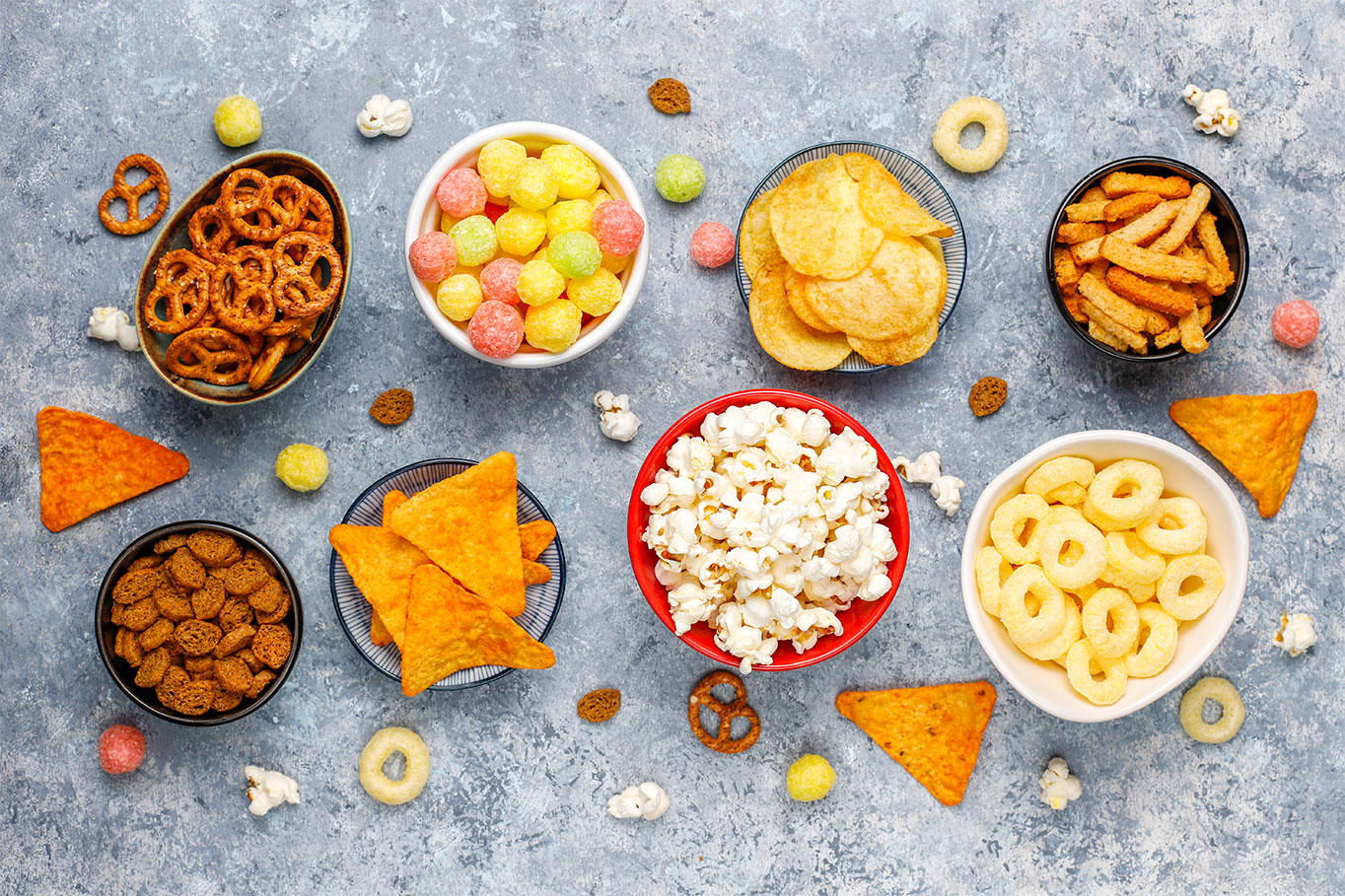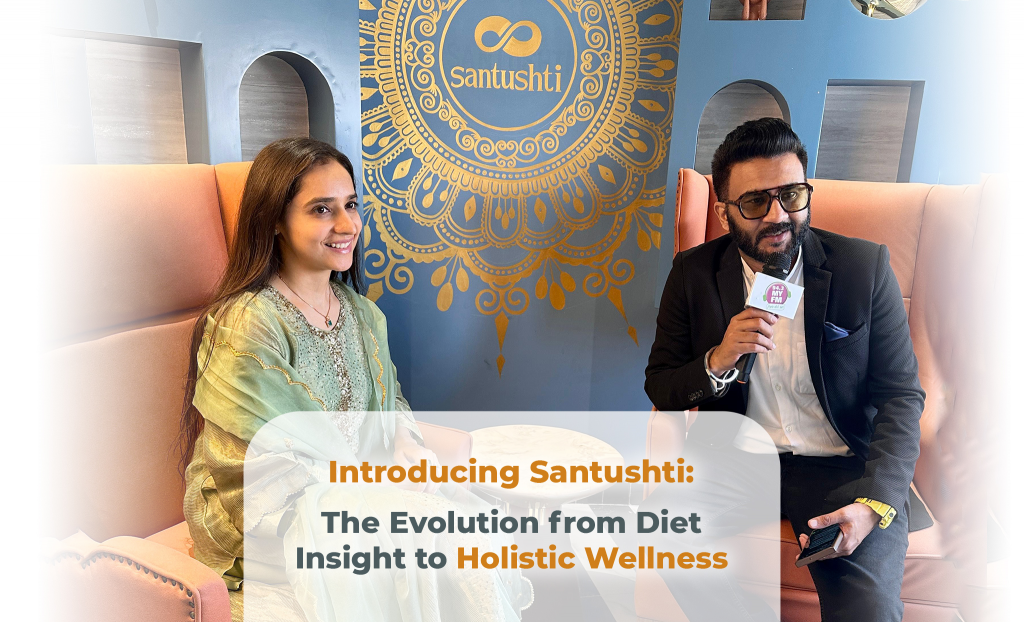In this fast-paced world, we have seen food supplies and dietary patterns change continuously. Over the last few years, eating patterns and food habits have shifted considerably over the world. Our diets have been impacted by a variety of variables, including technology, means of transportation used to get goods to stores, media, government, trade, and travel.
Ageing, globalization, and urbanization all contribute to deciding what people eat and how it affects their nutritional state. Hence, it is no doubt that nutrition-related non-communicable diseases (NCDs) are on the rise worldwide, owing to the shift from traditional to modern eating habits–especially with the increased consumption of ultra-processed foods (UPF).
The increase in ultra-processed foods is known to be a major factor in this continuous change. As a result, the consumption and manufacturing of these foods pose a significant threat to both human health and the environmental sustainability of the food system.
Read this useful article to find out the relationship between chronic diseases and the consumption of certain foods and toxic ingredients, as discussed by Lavleen Kaur.
What is UPF?
By definitions found in several research studies, ultra-processed foods refer to “formulations of ingredients, most of exclusive industrial use, that result from a series of industrial processes”. They usually have a lot of additives and very little whole food.
They’re foods such as confectionery, soft drinks, chips, pre-prepared meals, and restaurant fast-food goods. It includes ice cream, chocolates, savoury snacks, burgers, processed meat, and frozen food. UPFs are durable, low cost, ready to consume, and are characterized as fatty, sweet, or salty, high in calories but low in protein, dietary fibre, and micronutrients.
On the other hand, there lie traditional foods such as fruits, vegetables, whole grains, dairy, nuts, legumes, and other products that are minimally processed or simply made using traditional processing techniques, which include fermentation, canning, and bottling.
India’s renowned dietitian Lavleen Kaur says that ultra-processed foods have been processed beyond what is required for food safety. Processing food in itself is not the issue- it’s the type of processing that is problematic. UPF includes extensive processing and usually uses new physical and chemical techniques, which create negative nutritional dietary quality and hence harm your overall health and the environment.
Impact on health
Several studies have been done on finding the relationship between UPF and health issues. Ultra-processed food diets have been related to a variety of health problems, including heart disease, type 2 diabetes, irritable bowel syndrome, cancer and depression.
These studies have found a positive association, showing that high consumption of UPFs was associated with an increased hazard for all-cause mortality and health-related diseases.
- Higher consumption of UPFs means a higher risk of cardio-cerebrovascular diseases such as overall cardiovascular diseases, coronary heart disease risk, cerebrovascular diseases risk, and hypertension.
- Respiratory diseases–such as asthma and wheezing. There’s a direct connection between respiratory diseases among male adolescents, those who did not consume fruits and vegetables regularly, non-smokers, and parents who did smoke.
- Gastrointestinal diseases–higher risk of irritable bowel syndrome and concomitant functional dyspepsia.
- Mental health diseases–the risk of depression and anxiety
Other health issues include the association between ultra-processed foods and the risk of being overweight, obesity, and even cancer or the risk of several pregnancy outcomes.
Impact on environment
The impacts of these foods on human health are well described, but the effects on the environment have been given less consideration. This is surprising, considering ultra-processed foods are a dominant component of the food supply.
The consequences of these foods on human health have been extensively researched, but the environmental repercussions have received less attention. Ultra-processed foods rely on a few crop species, putting a strain on the habitats where they are cultivated. Examples include maize, wheat, soy, and oilseed crops (such as palm oil). Food makers use these crops because they are low-cost and high yielding, allowing them to be produced in big quantities.
Fruits, vegetables, grains, legumes, meat, and dairy have all been replaced by ultra-processed meals because of the emergence of simple and inexpensive ultra-processed foods. As a result, both the quality of our diet and the diversity of our food supply have suffered, hence increasing the environmental footprint.
What can be done?
The impact of the consumption of UPFs on health may be severe, but the impact is avoidable, which can begin by reducing and discouraging the production, distribution, and consumption of ultra-processed foods. The first step for doing that would start with YOU and the eating habits you decide for yourself. Check out here some easy steps that you can follow to avoid unhealthy foods and get back to a healthy lifestyle.
The way ahead would be to shift preferences toward healthier options. One method to lessen our environmental footprint and boost the diversity of edible plant species we mobilize would be through our meals.
It’s vital to note that ultra-processed meals have an avoidable environmental impact: they’re classified as discretionary foods, which means they’re unnecessary for human nourishment. However, for this to happen, global food systems must be re-oriented to encourage increased availability and accessibility to a diversity of fresh, minimally processed plant-based meals.
The bottom line is that the current, worldwide food system must be reshaped immediately, and it starts with the decisions you take today!




